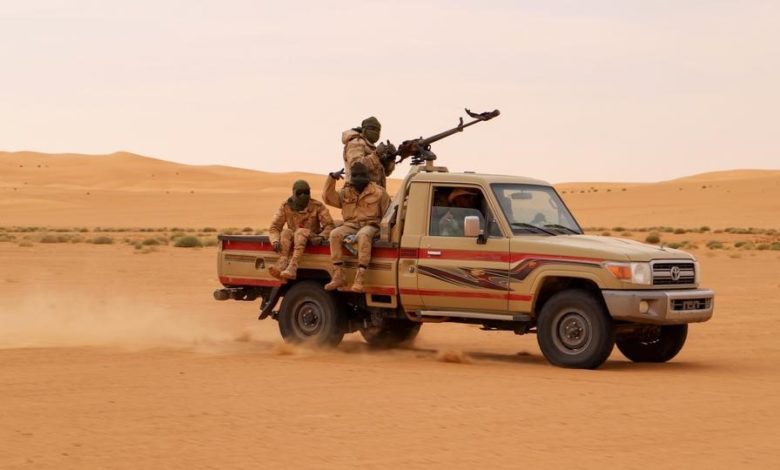‘Terrorists Across Sahel Region Now Targeting Aid Workers’

Terrorist groups operating in the Sahel region, which includes Chad, Nigeria, Niger, Mali, Sudan, and a host of other African countries, are deliberating targeting humanitarian workers despite international law safeguards, an expert has observed.
Alex Thurston, Assistant Professor of Political Science at the University of Cincinnati and author of several books on jihadism in Africa, pointed this out on Monday.
His comments were in reaction to two recent terrorist attacks in Burkina Faso and Niger. About 30 gunmen were reported to have raided a livestock market in Namoungou, a small community in the eastern part of Burkina Faso, on Friday and killed 20 civilians.
On Sunday, an attack near Niger’s Kouré Giraffe Reserve led to the killing of eight people, including six French aid workers as well as their Nigerien guide and driver.
“The targeting of aid workers is a trend, and a terrible one,” Thurston said.
“Whether it was carefully planned or not, the attack in Niger fits into that trend. Many aid agencies take pains to stress their neutrality – the head of the International Committee of the Red Cross in Burkina Faso was making that point last week – but they are not always perceived as neutral, and are certainly not perceived as inviolable, by many armed actors in the Sahel and beyond.”
In Nigeria, the Islamic State’s West Africa Province (ISWAP) had in July released a video showing the execution of five aid workers had been abducted about a month earlier. The victims were Ishaku Yakubu, Abdulrahman Dungus, Luka Filibus, Joseph Prince, and Abdulrahman Bulama, who worked for Action Against Hunger, an affiliate of France’s Agency for Technical Cooperation and Development, and the Borno State Emergency Management Agency.
Thurston noted that “another feature of the violence in the Sahel is the progressive erosion of a sense of safety in different parts of the region”.
“The eruption of violence into new localities, and the progressive encroachment of insecurity on zones previously at the edges of endemically violent zones, has manifold effects – one of them being the sense of disorientation that such violence inflicts on local and national authorities, and even on foreign governments,” he said.
“That kind of disorientation can, in turn, reinforce bunker mentalities for governments, militaries, and humanitarians.”
Support Our Journalism
There are millions of ordinary people affected by conflict in Africa whose stories are missing in the mainstream media. HumAngle is determined to tell those challenging and under-reported stories, hoping that the people impacted by these conflicts will find the safety and security they deserve.
To ensure that we continue to provide public service coverage, we have a small favour to ask you. We want you to be part of our journalistic endeavour by contributing a token to us.
Your donation will further promote a robust, free, and independent media.
Donate Here




